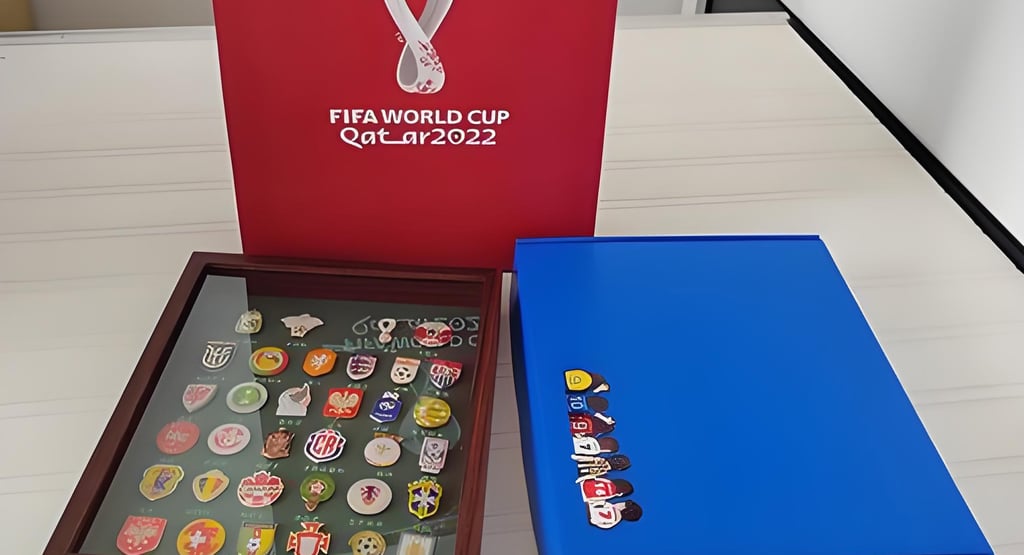Guide to Choosing Packaging for Custom Enamel Pins
Explore the top packaging options for enamel pins, comparing costs, pros and cons. Discover eco-friendly choices that can elevate your branding and enhance the customer experience.
BUSINESS CONCEPT
CreatePins
9/12/20251 min read


Copyright © 2026 Createpins.com owned by Raoin. All rights reserved. Custom Made with ❤️📧hello@createpins.com
Factory-Direct Enamel Pin Manufacturer
Trusted by Thousands of Creators
Custom enamel pins for artists and brands
